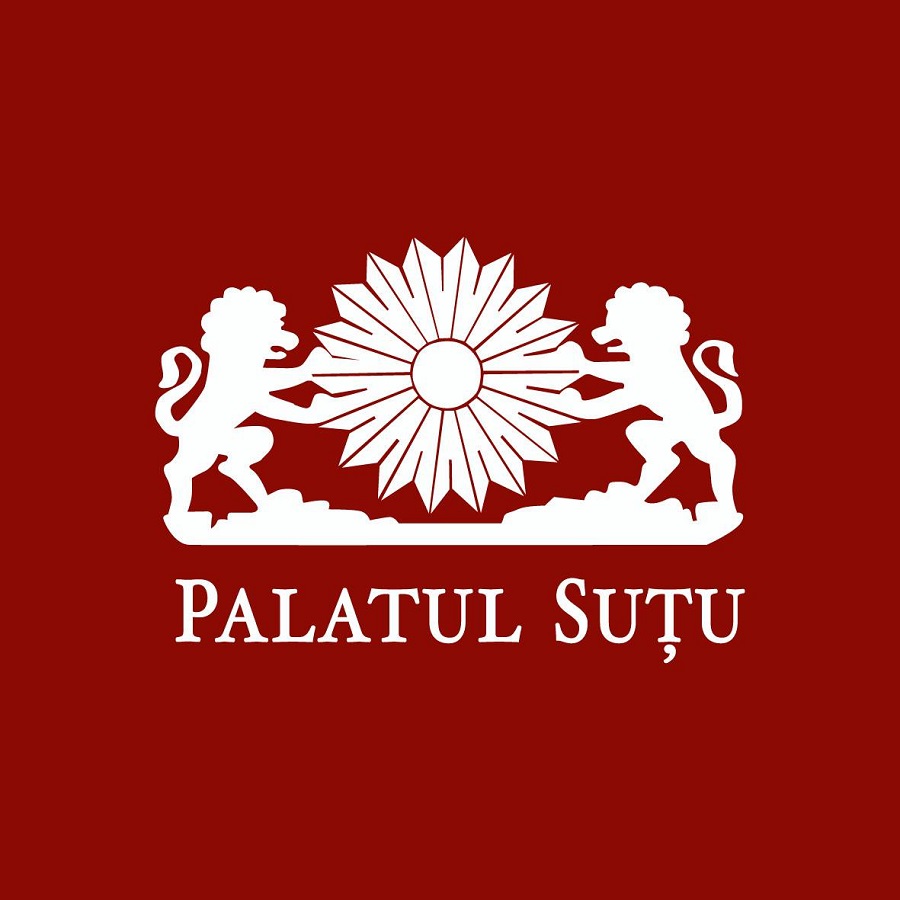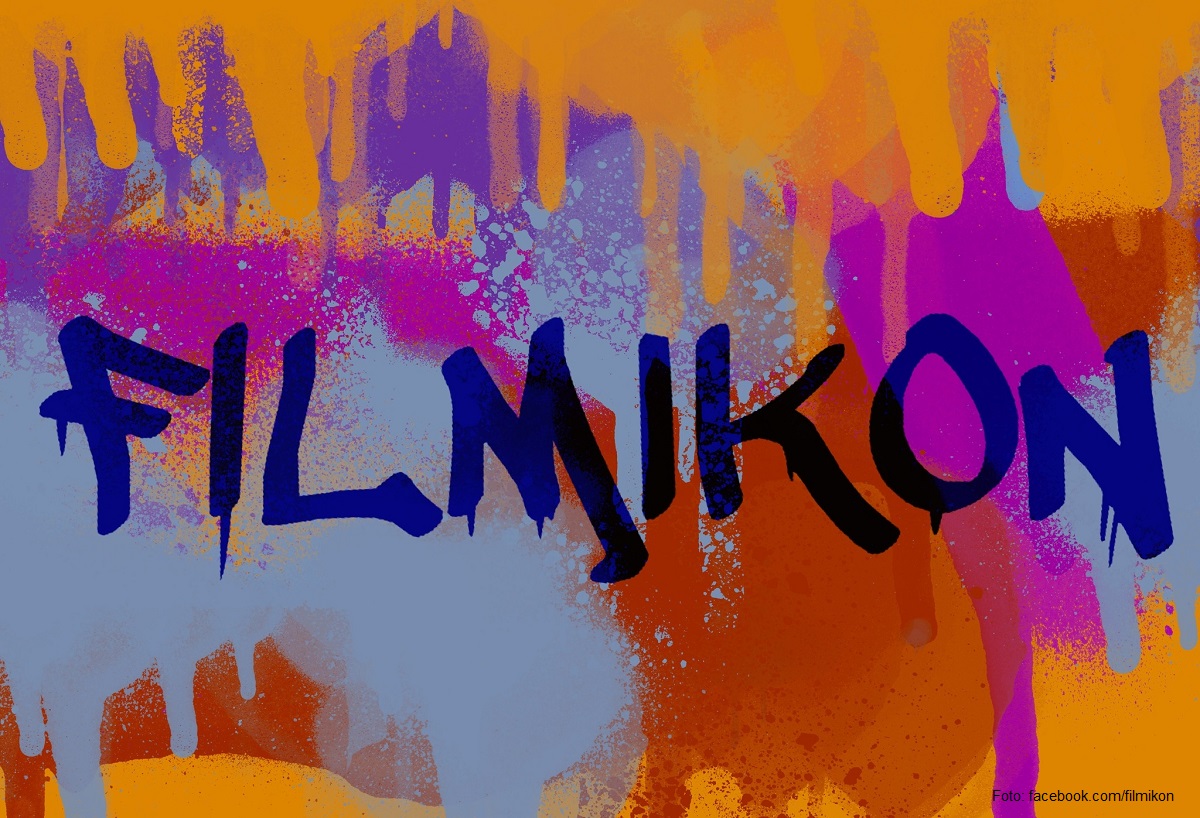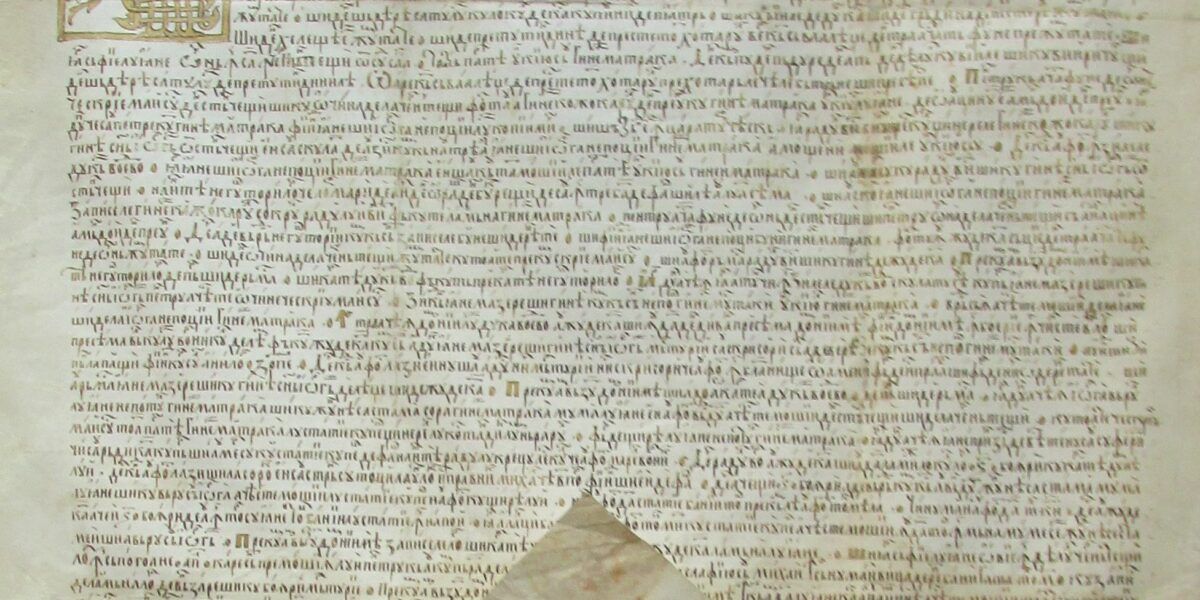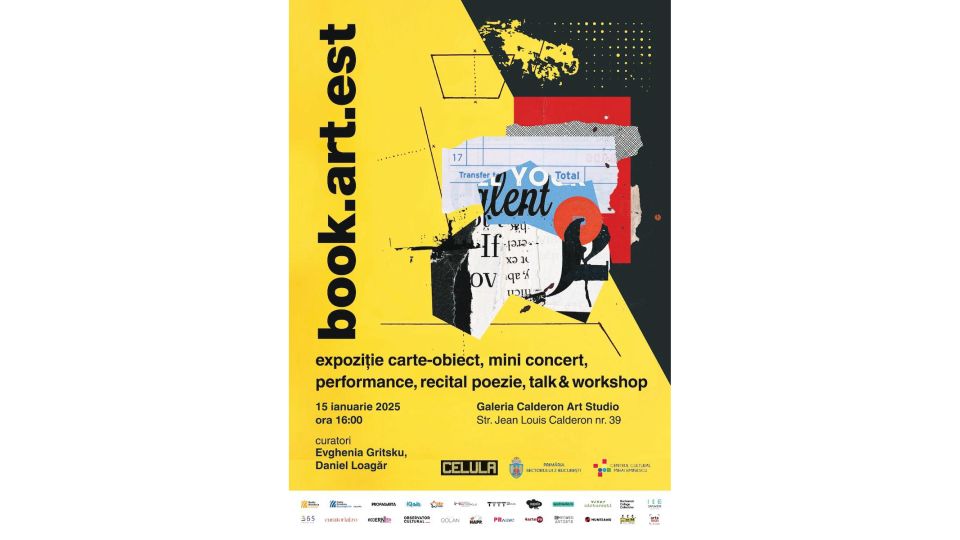The 2015 Timisoara European Theatre Festival
Between June 7 and 13 Timisoara, Western Romania, played host to a new edition of the Timisoara European Theatre Festival – Romanian Drama Festival (FEST-FDR), organized by the National Theatre in Timisoara.

Luana Pleşea, 27.06.2015, 16:55
The FEST section of the festival, as its name suggests, is a celebration of theatre and the dialogue between citizens and shows, whether were talking about street performances or indoor conventional theatre. Adding to this years edition were a few contemporary plays and some open-air performances. Here is Ada Hausvater, the manager of the Timisoara National Theatre, with the details.
Ada Hausvater: “Weve tried to strike a balance between the selection of European and Romanian plays. Whereas the Art of Ageing was the core of the Romanian Drama Festival, now we have European outdoor shows and an indoor production called “Dreamscape”. We also have a few performance installations, such as “Medio Monte”, which capitalizes on Romanian drama. After all, the European Theatre Festival and the Romanian Drama Festivals create an image of Romanian drama in a European context. After all, our interest every year is to put Romania on the map of European theatre and see what our undertakings have earned us from a social perspective. I believe the Romanian Drama Festival has clearly shown that. “Medio Monte” is a modern installation, a springboard for the theatre of tomorrow”.
“Medio Monte”, a performance installation produced by the Baia Mare Municipal Theatre, is a mixture of theatre, music and visual arts, as stage director Mihaela Panaite told us.
Mihaela Panaite: “Theatre today is no longer self-reliant. We have made a connection between painting, music and theatre, theatre as motion and sound as an impulse for motion. These two artistic areas contribute to the emergence of total theatre”.
Starting from the text written by Marian Ilea and the manifesto of painter Mircea Bochis, complete with the set design signed by Helmut Sturmer, Mihaela Panaite tried to get across to the audience the message that our inner freedom is actually a choice.
Mihaela Panaite: “We say we go to the theatre, to the opera, to a museum. We label and categorise things. But I believe that nowadays we can no longer live with separate categories. Painters, musicians, theatre makers, they all need to get together and develop new forms, new means of expression. The freedom of art has to do with knowledge and self-knowledge. You cannot be free unless you know yourself and the others. Because then you dont understand the concept of freedom.”
FEST, the Timisoara European Theatre Festival means, first of all, outdoor and street performances, because, Ada Hausvater says, these performances bring people together and create emotions, trigger peoples openness to theatre, to art and culture in general. The street performance that opened the FEST section was “The Cherry Orchard,” based on A. P. Chekhovs text, staged at the Voskresinnia Theatre in Lvov, Ukraine. It is a very dynamic show relying on image and imagination, about which the artistic director of the Ukrainian company and the stage director of the piece, Yaroslav Fedoryshyn told us:
Yaroslav Fedoryshyn: “In my opinion, The Cherry Orchard is Chekhovs best play, because it covers everything, from childhood to death. What we tried to do was to bring this into the streets, because everything is always sold and everything is always bought. This kind of trade has always existed everywhere in the world. And it seems to me that we are so busy with trading that we forget about our souls, about our lives which are just drops in a flowing river. The moment we realize what life is, it has already reached the end. And we missed everything. This is what the show is about. Above all, I wanted to show that, while the orchard is still there, all these people, all these characters are somehow above it. This is why I had them play stilts, they are like white butterflies involved in this high-level trading. Also, in our production the orchard is not cut down, as it is in the original text, but burnt to the ground. This is because fire and water are very important to us. They are two essential elements of life, and over the centuries they have often replaced each other. Things are built, then burnt, water quenches fire, and so on. As Chekhov put it, the message of The Cherry Orchard is that everything is still ahead of us, when in fact everything is behind us, just like in life.”
The FEST-FDR is one of the events through which the National Theater in Timisoara supports its city in its bid to gain the title of 2021 European Capital of Culture.
Ada Hausvater: “We have a program to develop civil society. I believe that without culture and a real preoccupation for the society we live in, we cannot talk about development, civilization… Capital of Culture means a city with a proven potential to explore new realities. Of course, there will be many cities that will compete for this title, with just as many chances as we have. Timisoara has a special potential, not just because of its multicultural diversity, but also because there is a way in which one is curious, and of leaving things happen differently than in other cities. In the sense that there is this understanding for people who speak a different language, people who express themselves differently. Speaking a language other than your own means having a different way of being. It means that your interlocutor has to accept you as you are. And that happens in Timisoara. How do we continue to support the Capital of Culture? We do that on the one hand through this program of defining national identity in a European context, on the other by bringing people together through outdoor events. I believe that in this way the public can find a common goal on various occasions. We have a community when we have a common goal, when we get together, when we have common ideas, feelings, sensations, emotions. This is what theater can do.”






























